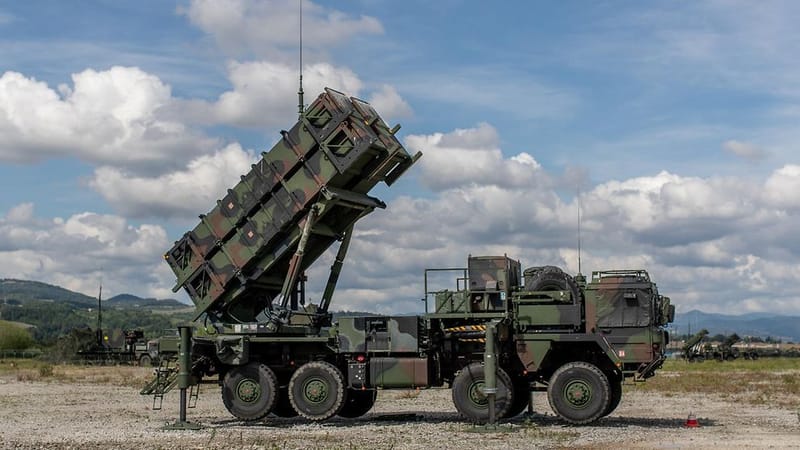Turkey’s Eurofighter Typhoon Acquisition: Strategic and Regional Implications
Turkey is moving forward with plans to acquire 40 Eurofighter Typhoon fighter jets. Contrary to previous objections, Germany has approved the start of technical negotiations.

Turkey is moving forward with plans to acquire 40 Eurofighter Typhoon fighter jets after Germany recently approved the start of technical negotiations, a marked change from its previous objections. The deal, valued at approximately €8 billion to €10 billion, is expected to enhance Turkey’s air capabilities significantly as it awaits deliveries of its indigenous KAAN fighter and additional U.S.-built F-16 Block 70s.

Key Developments in the Eurofighter Deal
Germany’s Green Light for Technical Negotiations
Germany’s Federal Security Council has authorized the Eurofighter consortium to share jet specifications with Turkey and begin technical consultations, according to Aerotime. This approval follows a prolonged delay due to German concerns that the Typhoons could be used against Kurdish forces in Syria and Iraq.
Projected Delivery Timeline
Once the deal is finalized, Turkey could receive the first 24 Eurofighters within the next few years, with the remaining 16 to be delivered in later stages, reports Turkey Today. The agreement encompasses comprehensive support, including pilot training, spare parts, and maintenance resources, ensuring operational readiness for the Turkish Air Force.
Enhanced Capabilities with AESA Radar
The Eurofighter Typhoon acquisition will bring Active Electronically Scanned Array (AESA) radar technology to Turkey’s fleet, a significant upgrade to its current radar capabilities. AESA radar will enable improved target tracking and combat precision, a valuable asset for Turkey’s air defense, as noted by Turkey Today.

Strategic Rationale: An Interim Solution for Turkey’s Modernization
The Typhoon deal addresses Turkey’s immediate need to upgrade its air force as it awaits the integration of its own KAAN fighter and advanced F-16 Block 70s. With a blend of agility, speed, and cutting-edge avionics, the Eurofighter Typhoon will serve as a bridge solution, maintaining Turkey’s operational strength during this period of fleet transition.
The Eurofighter’s capabilities make it a robust multirole aircraft, filling a gap in air defense as Turkey’s other modernization projects, including its indigenous fifth-generation KAAN fighter, continue toward operational readiness.
Regional and NATO Dynamics
Germany’s reversal on the Typhoon sale comes amid Turkey’s recent diplomatic efforts to strengthen its NATO alliances, including a rapprochement with Greece. Meetings between Turkish President Recep Tayyip Erdoğan and German Chancellor Olaf Scholz have contributed to a reevaluation of Germany’s stance on the deal, suggesting an alignment of interests within the alliance, as Aerotime reports.
While Turkey’s 2019 acquisition of the Russian S-400 missile defense system led to its expulsion from the U.S. F-35 program, the Eurofighter deal marks a renewed engagement with NATO’s European defense industry, potentially signaling Turkey’s realignment with Western military priorities.
Conclusion
The Eurofighter Typhoon acquisition underscores Turkey’s commitment to bolstering its air force capabilities in line with NATO standards. This move, facilitated by Germany’s decision to move past previous objections, reflects an evolving defense strategy within the region and the strengthening of Turkey’s partnerships within the Eurofighter consortium. As technical negotiations continue, Turkey’s enhanced air capabilities may shift the balance of regional airpower and contribute to NATO’s overall security framework.
Sources: Aerotime, National Interest, Al Jazeera, Turkiye Today



